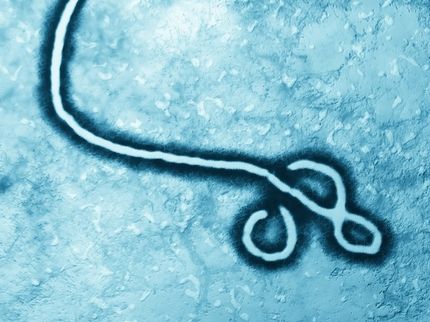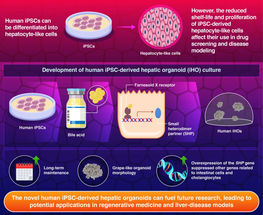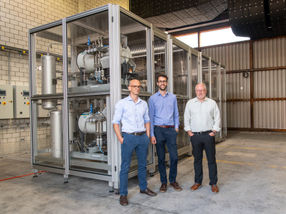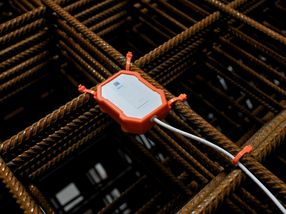Crucell's PER.C6®-based vaccine protects monkeys from Ebola
Leiden, The Netherlands. Dutch biotechnology company Crucell N.V. has announced that a single dose of its vaccine has completely protected monkeys against Ebola in recently performed studies. The monkey experiments were performed over the last six months by the Vaccine Research Center (VRC) of the National Institute of Allergy and infectious diseases (NIAID), part of the US National Institutes of Health, in collaboration with the US Army Medical Research Institute of Infectious Diseases (USAMRIID).
Crucell and NIAID produced a vaccine against Ebola, using Crucell's PER.C6® cell line as a production platform, confirming the encouraging results of a previous NIAID/USAMRIID trial of a prototype adenoviral vaccine reported in Nature in August 2003 (Ref: Nature 424(6949):681-84 (2003)). Crucell has a Cooperative Research and Development Agreement (CRADA) with the VRC to develop PER.C6®- and adenovirus vector-based vaccines against Ebola, Marburg and Lassa as well as a contract to produce such vaccines for clinical studies in humans. The vaccine is composed of replication-deficient Adenovirus 5, expressing Ebola antigens. It uses Crucell's production technology, also licensed exclusively to Merck for HIV.
Ebola is one of the most lethal viral diseases, with a mortality rate ranging from 50%-80%, with a recent outbreak in the Republic of the Congo claiming more than 120 lives before being brought under control. In May, new cases were reported in the Sudan and a Russian scientist died after contracting the disease in the laboratory. Ebola is a Class A bioterror agent and as such is covered by the BioShield Act 2004, passed by the US Senate on May 19, 2004, and set to appropriate US$ 5.6 billion for the development of countermeasures against chemical and biological weapons.
"We don't think we can go into safety studies in humans without having shown efficacy in macaque monkeys," said Jaap Goudsmit, Crucell's Chief Scientific Officer. "For Ebola, the macaque model is the most stringent available, and since efficacy of an Ebola vaccine heavily relies on this model, these data pave the way for clinical safety studies. This result confirms the strength of both Crucell's vector and cell substrate technologies, and we are proud to help the global community fight such a serious threat as Ebola."
Most read news

Get the life science industry in your inbox
By submitting this form you agree that LUMITOS AG will send you the newsletter(s) selected above by email. Your data will not be passed on to third parties. Your data will be stored and processed in accordance with our data protection regulations. LUMITOS may contact you by email for the purpose of advertising or market and opinion surveys. You can revoke your consent at any time without giving reasons to LUMITOS AG, Ernst-Augustin-Str. 2, 12489 Berlin, Germany or by e-mail at revoke@lumitos.com with effect for the future. In addition, each email contains a link to unsubscribe from the corresponding newsletter.





















































